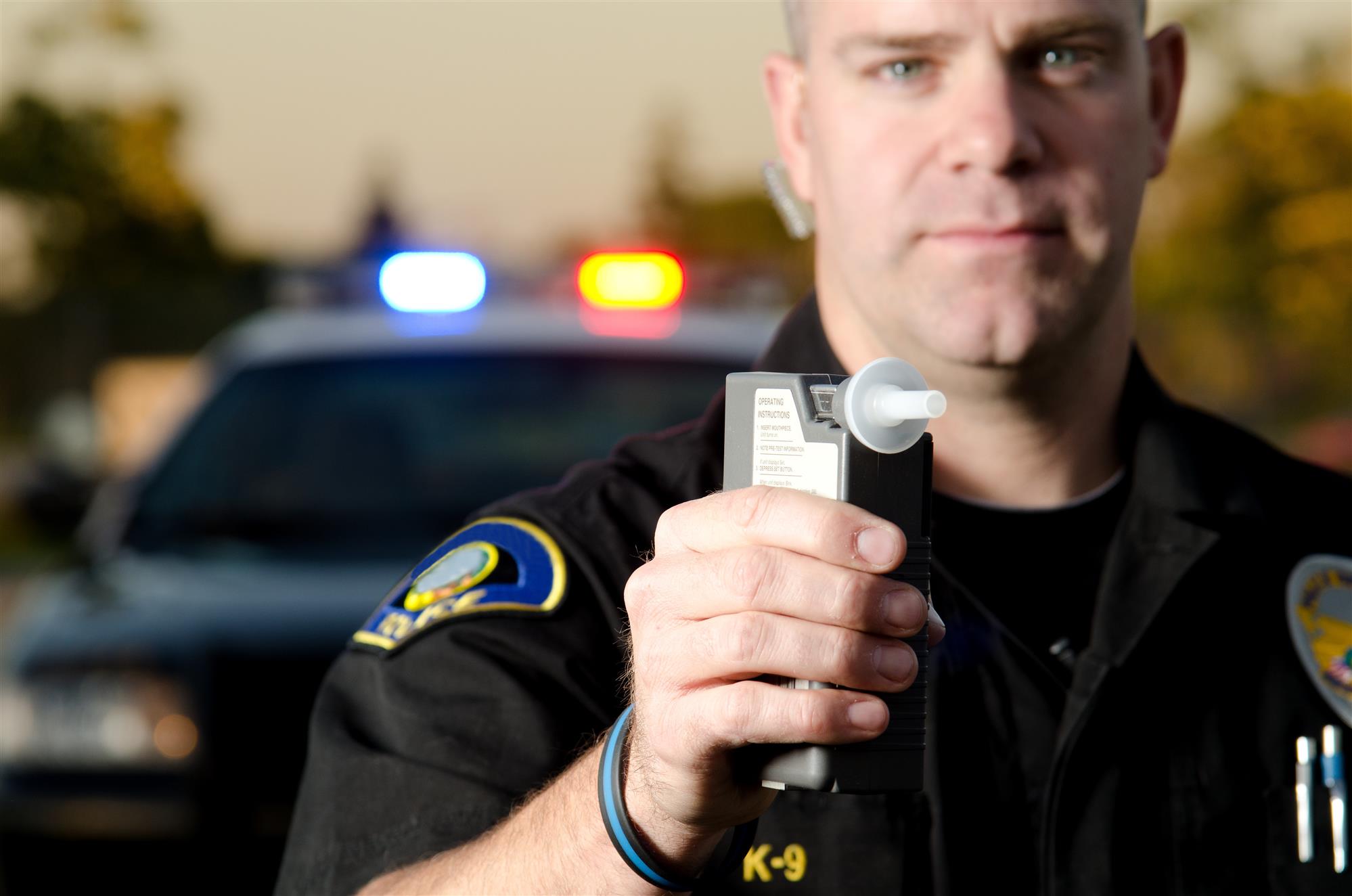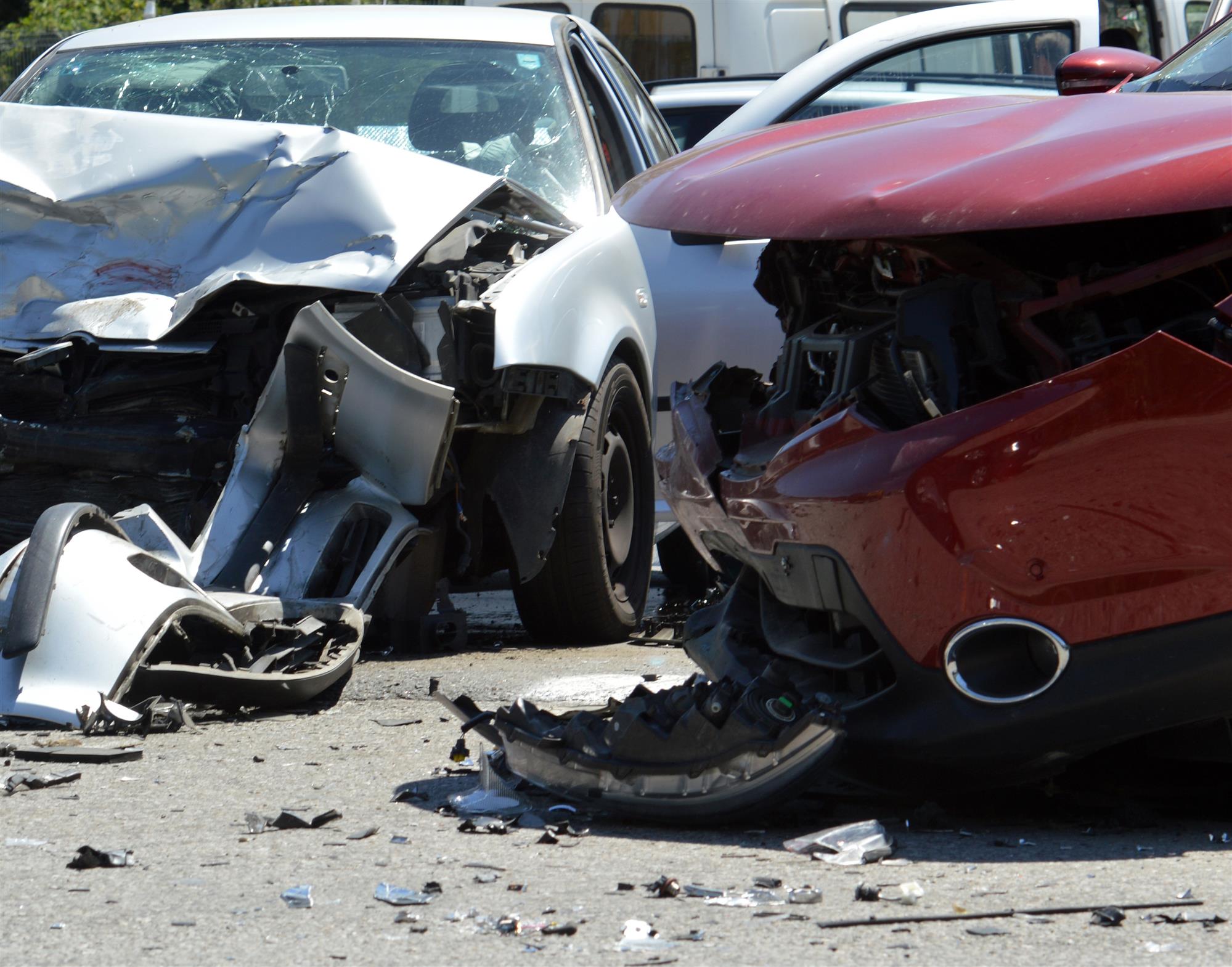A generalized definition of Driving While Intoxicated (DWI) is operating or controlling motorized and non-motorized modes of transportation while impaired due to the effects of alcohol and/or drugs. Modes of transportation can include, but may not be limited to:
- Motorized Vehicles – Cars, Trucks, Crossover, Vans, Semi-Trucks, Etc.
- Airplanes
- Helicopters
- ATV Vehicles
- Farm Vehicles – Tractors, Harvesters, etc.
- Trains
- Bikes
- Motorcycles
- Lawn Mowers
- Go-Karts
According to the Texas Department of Transportation, someone is injured or killed in an accident involving alcohol every 20 minutes. This is not limited to just accidents between other motorized vehicles.
Even if you think you are doing everyone a favor by riding a bike, you could still end up causing an accident. From the moment you start drinking, impairment begins. It is not the type of alcohol you drink but the volume, along with your body weight, that determines how fast you become intoxicated. The same is true with drugs.
The DWI limit in Texas is 0.08 % BAC (blood alcohol content). However, there are exceptions where one could still be charged with impaired driving for amounts less than this. In addition, anyone under the age of 21 with any percentage of BAC can be charged with a DWI. Furthermore, drivers who test at 0.15% BAC or higher can face stricter penalties if convicted and found guilty of the offense.
2015 Texas Statistics for DWI-Related Accidents
Data collected and provided by the Texas Department of Transportation from 2015 demonstrates DWI is a prevalent problem:2
- Fatal DUI Crashes: 443
- DUI Fatalities: 505
- Incapacity DUI Crashes: 733
- Incapacitating DUI Injuries: 1,009
- Non-Incapacitating DUI Crashes: 1,428
- Non-Incapacitating DUI Injuries: 2,076
- Possible Injury DUI Crashes: 1,033
- Possible DUI Injuries: 1,649
The Texas legal system will take criminal actions against those charged with DWI. However, each crash victim injured or killed by those under the influence deserves his or her own justice. This is why there are personal injury laws in place that provide them the legal right to sue the responsible party.
The injured parties are left to deal with recovery from their injuries, lost wages, medical bills, physical and mental trauma, and more. Just because the other party will probably lose his or her license, have to pay a hefty fine, and possibly spend time in jail, it still requires the responsible party to offer compensation for his or her negligence.
In the event of the death of a loved one, there are other life-altering scars left for the family to face. Even though no amount of money can justify the loss of life, it can provide the surviving family with the compensation they need to continue to live in the way they are accustomed.
In order for justice to be truly served for the victims or their families, they must sue the other party with help from a DWI accident injury lawyer. Fortunately, help is available from us at Schechter, McElwee, Shaffer, & Harris, L.L.P., the Houston TX auto accident law firm. Contact us at 713.574.5089 for a free consultation now!
Sources

 Over 300 Google 5 Star Reviews
Over 300 Google 5 Star Reviews







